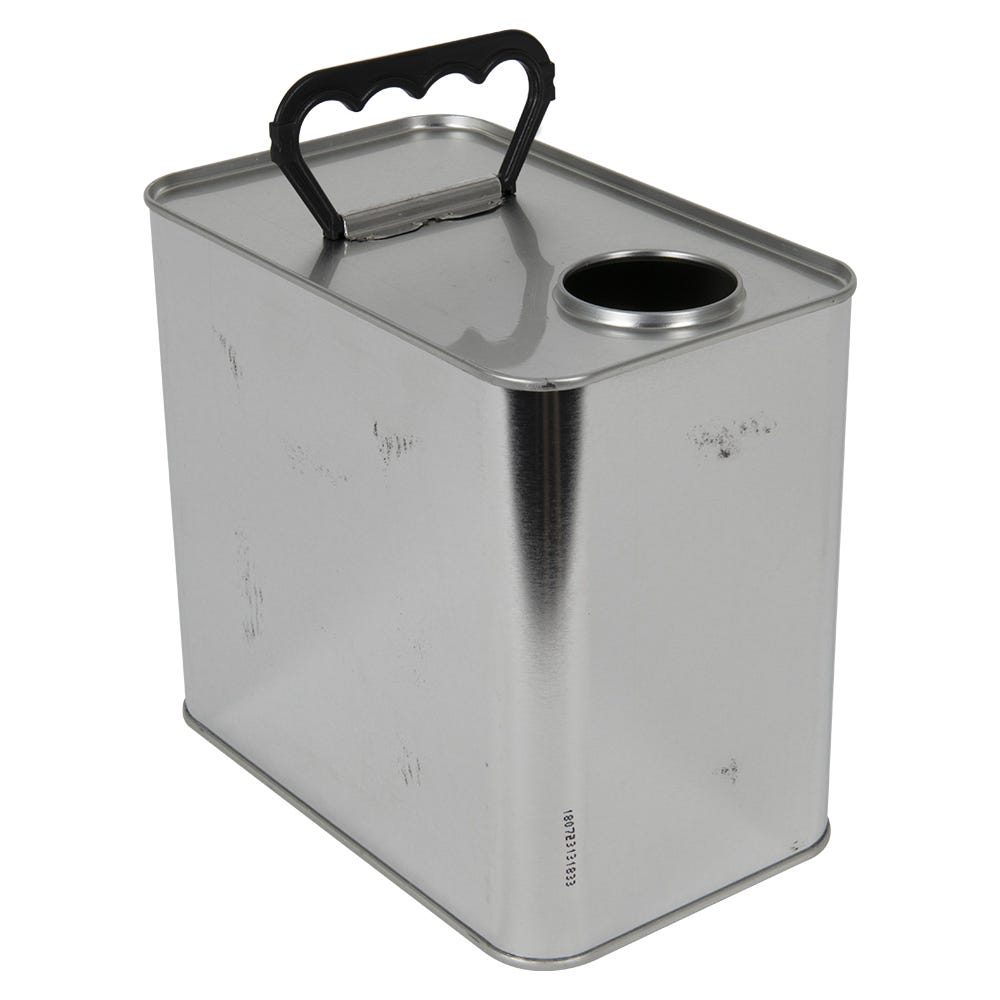Food Safety: An Example From Primal Woods
Our Pure Maple Syrup is packaged in glass, this is why, and this is what it means to our customers.
Plastics
You might be aware of BPA, bysphenol A…
“This is a moral problem with huge dimensions. We are exposing the next generation of human beings to these hazardous chemicals that affect their brains, their reproductive health, their metabolic health, their immune systems,” said Muncke. “I’m really worried that [regulators] still haven’t understood the relevance of this.”
BPA disrupts the proper functioning of hormones — hence the endocrine-disruptor moniker — and has been linked to cancer, diabetes, obesity, reproductive, nervous and immune system impacts and behavioral problems. It is likely partially responsible for the worldwide dramatic decline in sperm counts over the last 50 years.
I just want to give you the BLUF; bottom line up front. Glass, and stainless steel. Period. Avoid plastics where food or drink are concerned. For example; don’t reheat food in anything resembling a Tupperware container; heat and plastics are a particularly bad combination.
Back to the issue at hand.
Packaging for Pure Maple Syrup
We only sell in glass because it is safe. Pure Maple Syrup goes into the bottle at 190-200°F, my recommendation is to not ever buy pure maple syrup in a plastic jug; you are literally ingesting plastic. Having said that, there are downsides to glass:
It is heavy, and basically doubles the weight we are shipping in 8 oz. bottles
It is fragile, and requires a lot a packaging to prevent breakage
The larger glass containers are especially fragile
The weight of the pure maple syrup, about 11 lbs./gallon as opposed to water at 8 lbs./gallon, makes it especially difficult to successfully ship large glass containers of say quart-size or more
Recently I have had customers wanting to buy in bigger volumes; the biggest we offer now is our Blueberry Pure Maple Syrup in a 16 oz. bottle. Our regular Pure Maple Syrup comes in 8 oz. or 12 oz bottles; Whiskey Barrel Aged is also in a stout 8 oz. bottle.
As a result of this request for larger volumes I’ve been looking into what are called F-style tin cans.
Above is just one example of a F-style can. In the website copy for this can there were words to the effect that it was FDA approved, and no mention of any sort of lining, so I sent a message via the sellers on-line form asking if there was a liner (I was hoping not); this is the message I received in reply:
As for what it is lined with, I cannot say. Due to a confidentiality agreement with the manufacturer, <part number> is considered proprietary and I cannot provide any more information than what is already available on our website.
So, it is lined with something, but anything not specifically regulated by the FDA would be possible, and I’m not allowed to know what it is. Even if I trusted the FDA, which I don’t, I won’t put our syrup in a can lined with God knows what, but I don’t. No thank you. The plastics companies make a living in part, by dodging FDA regs.
Never-ending Shell Game
Last year, the European Chemicals Agency identified 34 out of 148 bisphenols in need of restrictions because of their endocrine and reproductive impacts, but EFSA’s new guidelines cover only BPA and three additional bisphenols (BPS, BPAF and 2 bis-4 hydroxy phenyl methyl pentane). Manufacturers will therefore be able to continue replacing BPA with other bisphenols, in what Washington State University reproductive biologist Patricia Hunt calls “a never-ending shell game.”
So. My search continues…something I’ve used for local customers, or customers who pickup directly, is Mason/Ball jars up to 1/2 gallon in size. Shipping is another thing altogether. We’ll keep looking.
But What About Plastics?
When it comes to what you put in your body, avoid plastics like the plague that they are. Buy fresh food. Dehydrated and frozen food would be next on the list. Don’t buy anything in cans or plastic, but I repeat myself. And when you are cooking, do not use aluminum; again, stick to glass/porcelain, stainless steel, or cast iron.
Note: Aluminum is dangerous. If you use a “white” deodorant, chances are it contains aluminum. If so, stop it. That aluminum is being absorbed by your body, and aluminum is toxic: Are Your Skincare Products Toxic? Deodorant and Antiperspirant
Here are a couple of more links for your information:
BPA Update: Tracking the Canned Food Phaseout




This is true. They had a story about BPA on one of the mainstream news shows about ten years ago.
I have used glass or stainless ever since. The thing about most things is they tell you what they are doing to us knowing you won't get it or change.
Eden foods has BPA free products in health food stores.
Great article and sources. BPA is overlooked way too often. Thank you!